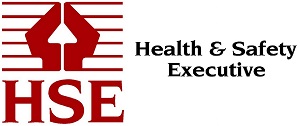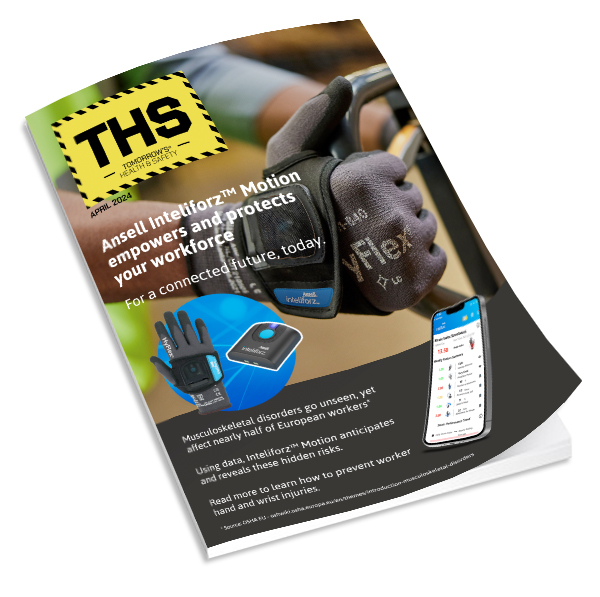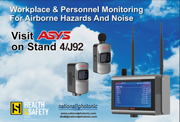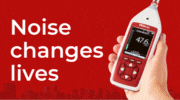A train refurbishment company has today been sentenced after exposing workers to hand arm vibration syndrome (HAVS).
Stoke-on-Trent Crown Court heard how Faiveley Transport Tamworth Limited exposed its workers to uncontrolled and unrestrained exposure to vibrating tools from 2005 to 2015 at their Amington site in Tamworth. Company employees used a number of vibrating tools including sanders and air-fed cutting equipment to refurbish train doors.
In 2015, one of the members of staff raised concerns regarding symptoms similar to HAVS as a result of exposure to the air-fed cutting tool used to remove rubber seals from train doors. Despite the company being made aware of this, it failed to take prompt action to manage the risk of exposure to HAVS. Later, another member of staff reported that he used grinders up to eight hours a day often until his hands hurt.
An investigation by the Health and Safety Executive (HSE) found Faiveley Transport Tamworth Ltd failed to consider the risk to both its employees and agency workers of exposure to hand transmitted vibration (HTV) tools over a prolonged period of time. The investigation found that there was little or no oversight by management to control exposure to vibrating equipment and there was an absence of a safe system of work including control, monitoring and maintenance measures.
The investigation also found measures to conduct a suitable and sufficient risk assessment of that exposure were not taken, instruction and training on tool use was not provided and the company did not have health surveillance in place.
Faiveley Transport Tamworth Ltd of Graycar Business Park, Burton on Trent, Staffordshire, pleaded guilty to breaching Section 2 of the Health and Safety at Work etc. Act 1974 and has been fined £90,000 and ordered to pay costs of £45,000.
Speaking after the hearing, HSE inspector Theresa Hewkin said: “This was a case of the company completely failing to grasp the importance of HAVS health surveillance.
“If the company had understood why health surveillance was necessary, it would not only have ensured that it had the right systems in place to monitor workers’ health but would have identified from the outset that one of their employees has primary Raynaud’s phenomenon and should not have been made to work with vibrating tools because of his likely heightened susceptibility.”
























